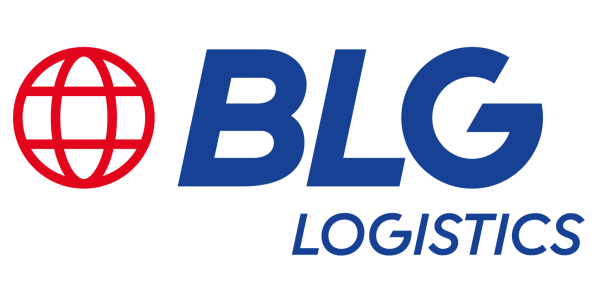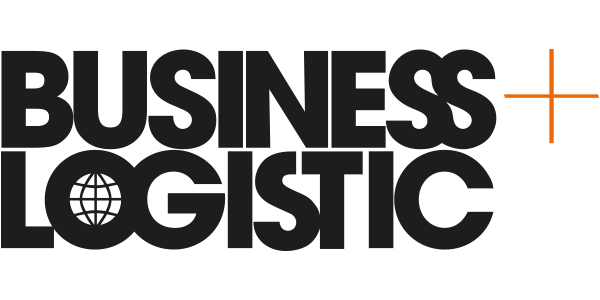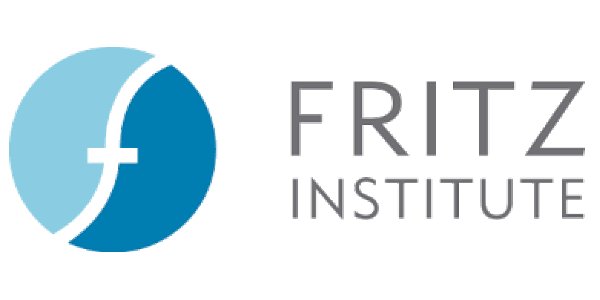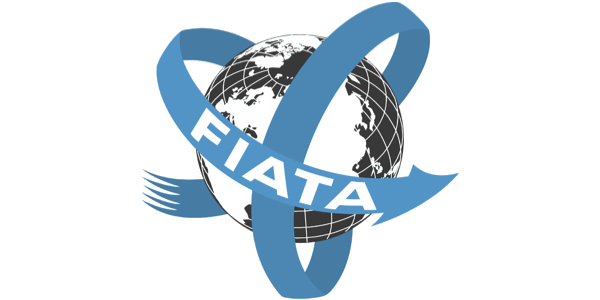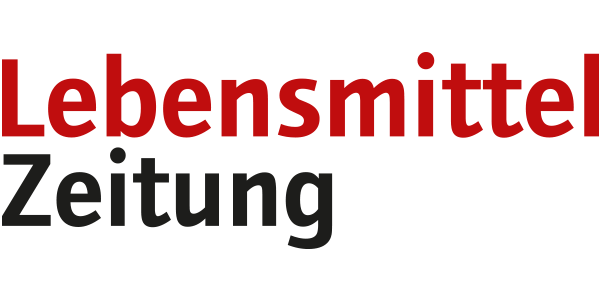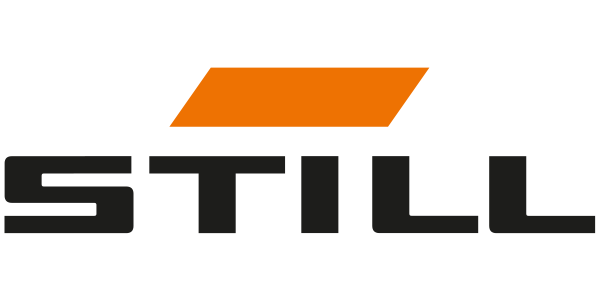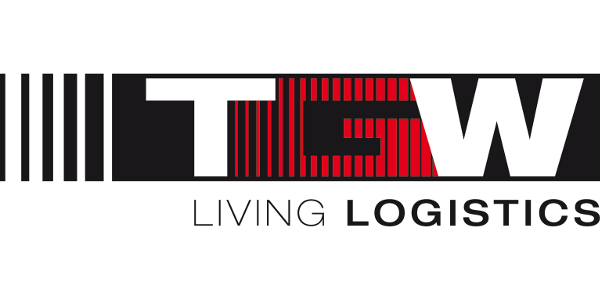
Cybercrime and skills shortage once again dominate the logistics industry's risk ranking
Series of surveys conducted by the Logistics Hall of Fame in cooperation with the SCHUNCK GROUP: Supply chain problems are becoming significantly less relevant compared to political risks. New risk ranking shows what the sector must prepare for after the 2025 general election – and what is expected from the new German federal government.
The biggest challenges for the logistics industry in 2025 will continue to be cybercrime and a shortage of skilled workers. This is the result of the latest Trend Survey by the Logistics Hall of Fame, which is conducted several times a year in cooperation with the SCHUNCK Group. In the survey conducted in April, 75% of respondents identified both risks as the most serious threats to global logistics – an increase compared to 2022, when the shortage of skilled workers was named by 71.8% and cybercrime by 64.1% as the biggest risks.
Compared to the November 2022 survey, the picture has changed significantly regarding supply chain disruptions. While this risk was still in third place in the global ranking back then (48.7%), in 2025 it was named as one of the top three risks by only 12.5% of participants – a significant loss of importance.
Political risks, on the other hand, have moved back into focus and are currently in third place in the global risk ranking with 43.75%. Other risks mentioned included market changes (25 percent), as well as natural disasters, legal changes, and technological developments (12.5 percent each). Climate change was no longer ranked among the top three global risks by any of the participants in 2025, compared to 18% in 2022.
With regard to their own companies, respondents also see cybercrime (70.6%) and a shortage of skilled workers (58.8%) as the biggest threats. In 2022, these figures were 45% (cybercrime) and 62.5% (skills shortage), respectively. Political risks (35.3 percent), market changes (23.5 percent), and business interruptions (11.8 percent) follow far behind. Supply chain disruptions hardly play a role at the company level, at just 5.9% – a decrease of more than 40 percentage points compared to 2022.
“The trend clearly shows that the threat of cyberattacks continues to increase – both globally and in the corporate context,” emphasizes Thomas Wicke, Managing Director of the SCHUNCK Group. “At the same time, despite all the political debates and measures, the shortage of skilled workers remains one of the key bottlenecks for the industry – and political developments will also be increasingly observed. Companies should now make targeted investments in IT security solutions and employee training and at the same time enter into strategic partnerships in order to strengthen their resilience to these risks in the long term,” he adds.
Targeted investments and diversification of business areas
According to the survey, companies continue to rely on a mix of measures to prevent risks: In addition to targeted investments in IT security and cyber insurance, it is primarily employee training, recruiting initiatives – including abroad – and the diversification of business areas that companies are using to strengthen their resilience.
The logistics decision-makers surveyed primarily want the new German government to speed up approval processes (68.8%) and take measures to combat the shortage of skilled workers, for example through immigration or education programs (43.8%). There are also calls for increased investment in digital infrastructures and targeted funding programs to reduce risk.
The quarterly survey does not provide a representative picture of sentiment but reflects the current assessments of a selected C-level panel from the Logistics Hall of Fame network and the SCHUNCK Group. Interested parties can register for the mailing list at This email address is being protected from spambots. You need JavaScript enabled to view it..



